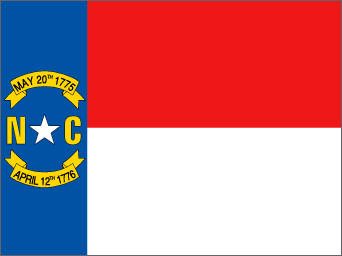On Sept. 3, 2021, North Carolina Gov. Roy Cooper (D) vetoed S636, a bill making donations to nonprofit corporations confidential.
S636 prohibited the public disclosure of the “identity of any person donating monies or other tangible goods to the nonprofit corporation…if the person has notified the nonprofit corporation, in writing prior to or at the time of the donation.” Donor information would not be considered a public record, and nonprofit membership lists could not be “obtained or used by any person for any purpose unrelated to a member’s interest as a member” without the consent of the organization’s board of directors. Government employees who disclosed such information would be charged with a Class 1 misdemeanor.
“This legislation is unnecessary and may limit transparency with political contributions,” Cooper said in a press release following the veto.
The bill’s supporters say it would protect donors from harassment or discrimination based on the organizations they choose to support. People United for Privacy lobbyist Susan Vick said donations “are often deeply personal and potentially put us at odds with what family members or friends believe is a worthy cause. This bill simply protects donor lists from being required for disclosure under the guise of state action as we’ve seen in other states.” State Sen. Norm Sanderson (R), who sponsored the bill, said the bill does not change current campaign disclosure laws in North Carolina, and that investigators would still be able to get donor records with a subpoena. “It does not change any law that is currently in North Carolina,” Sanderson said.
Opponents say the bill would decrease transparency around political campaign contributions and allow politically active nonprofits to hide their donors. Melissa Price Kromm, director of the North Carolina Voters for Clean Elections Coalition, said the bill “protects wealthy special interest and dark money groups,” In response to bill supporters who say it protects donors’ free speech and privacy, State Rep. Marcia Morey (D) said “That’s not what we’re talking about here. We’re talking about money… money that has power to influence and oftentimes money that has power to corrupt.”
S636 passed the North Carolina House 59-33 on Aug. 19 with one Democrat, Rep. Abe Jones, voting in favor of the bill. The Senate approved the bill on August 25 in a 25-19 vote along party lines. Lawmakers must have a three-fifths majority vote in both chambers of the General Assembly to override Cooper’s veto, and neither party currently has a veto-proof majority in either chamber.
Ballotpedia is currently tracking 39 pieces of legislation dealing with donor disclosure and privacy that have been introduced this year.
Additional reading:


